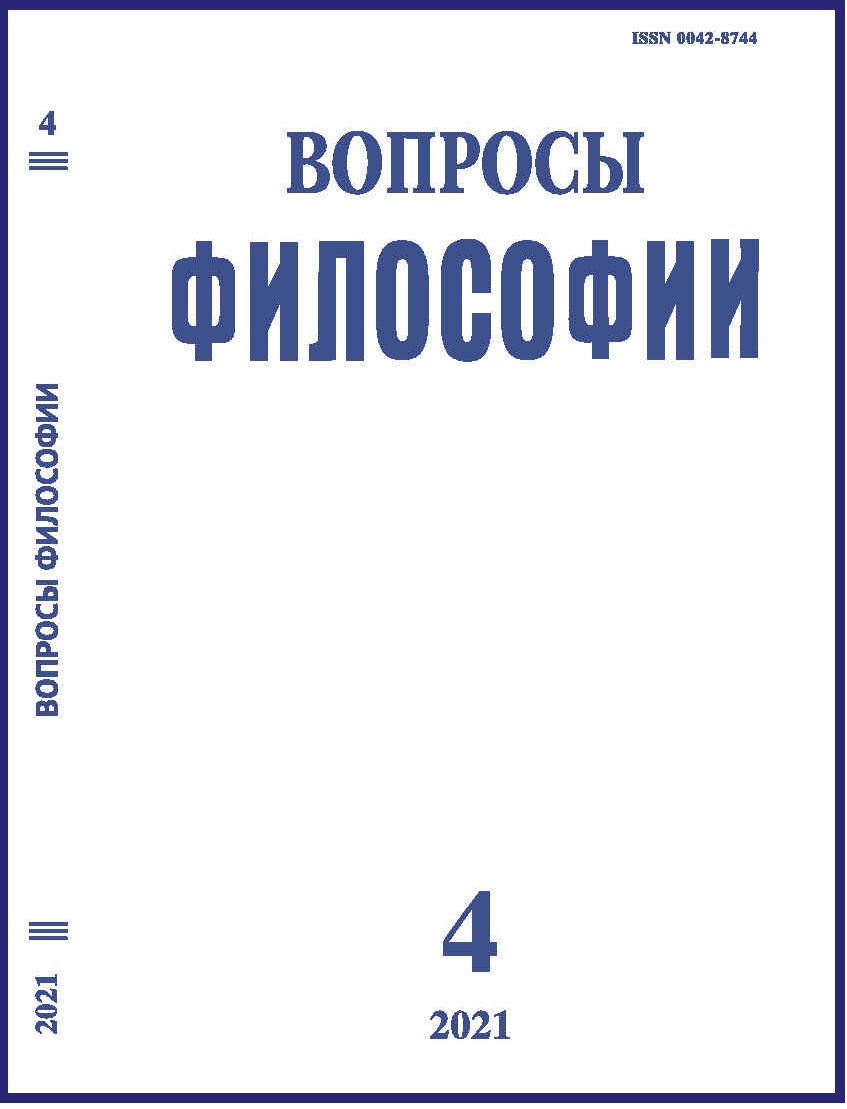The Concept of Karma in the Philosophy of Hindu Tantrism. Part I
DOI:
https://doi.org/10.21146/10.21146/0042-8744-2021-4-136-145Keywords:
karma, kārma-mala, kriyā, Hinduism, Tantric philosophy, saṃsāra, saṃskāraAbstract
The tantric interpretation of karma is in many ways in line with general Indian beliefs. Karma is a complex causal mechanism that enslaves souls, which itself, in turn, is based on the activities of these souls. The actions of the soul arise from karmic impulses, which prepare it for a certain experience. Tantra knows the various classifications of karma (as valuable as neutral) and karmic fruits, as well as bodies into which souls enter under the influence of karma. Karma is “sleeping” and “waking up”. The Supreme God controls karma for his own purposes, providing the souls with their well-deserved living conditions; the unfolding of the world itself correlates with an increase in karmic activity. In Kashmir Śaivism, karma becomes one of the three main types of enslavement of individuals (kārma-mala) and a direct source of saṃsāra. “Karma is the cause of saṃsāra” (Abhinavagupta). Karma is a part of the universal restrictive mechanism, niyati (Utpaladeva). The distinction between an action that carries karmic consequences (karma) and an action that doesn’t carry such consequences (kriyā) can also be considered a tantric contribution to the concept of karma. Representatives of the Nātha school understand karma as a part of the physical body and distinguish five types of karma.

